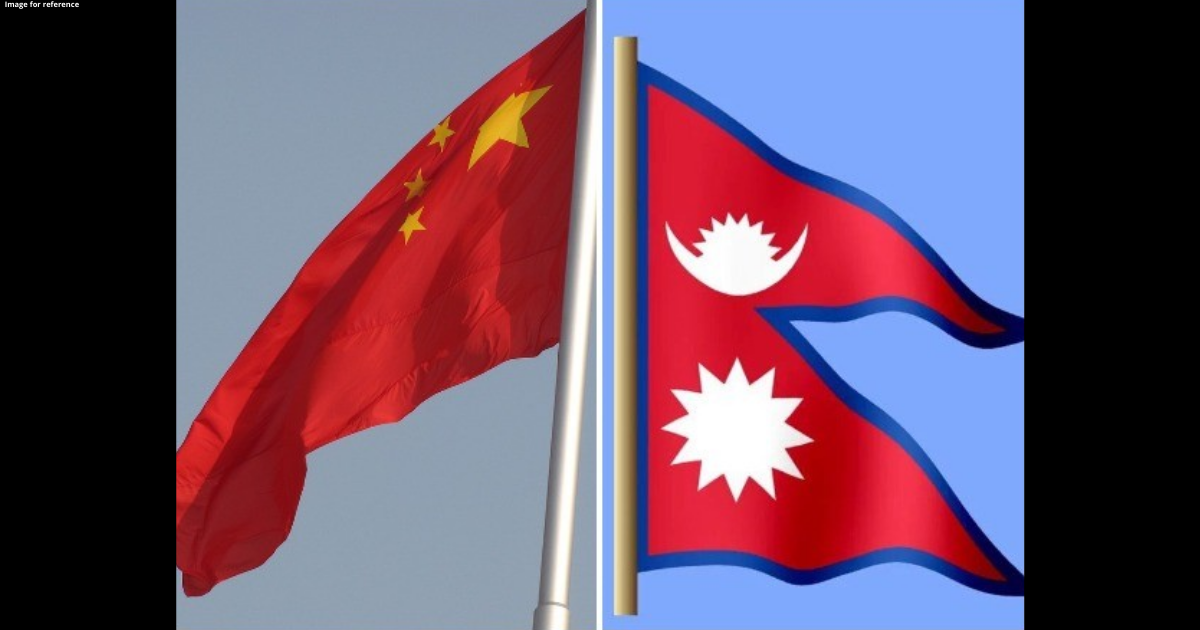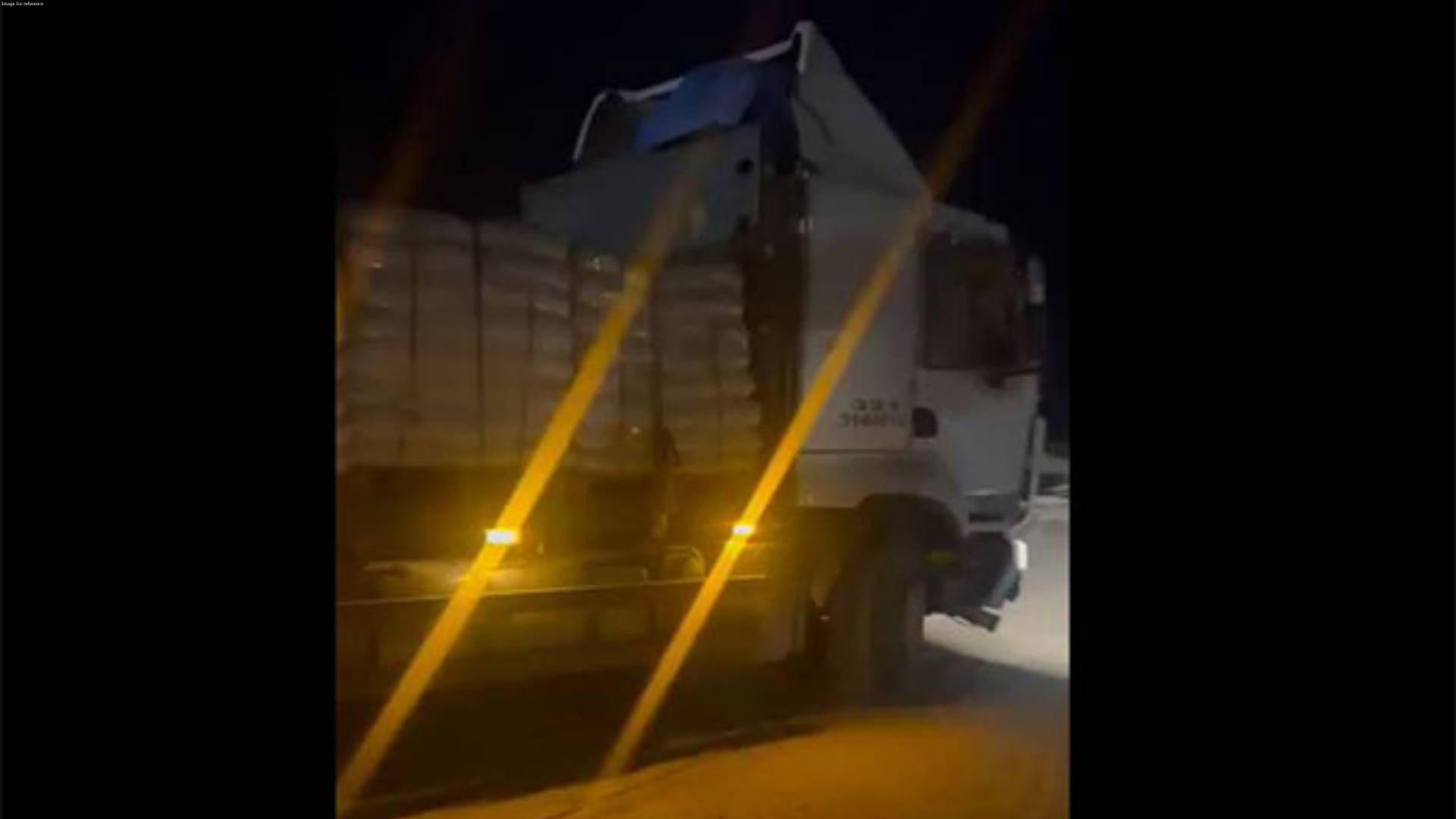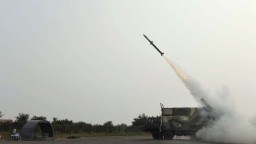Nepal needs to counter Chinese expansionism at its northern border: Report

Kathmandu: Beijing's boundary activities are a severe threat to Nepal's northern border - not only because of negative ramifications for the country's cultural and religious traditions but also because of impacts on the local economy.
Moreover, no evidence is presented to convince the Nepalese people that the country's northern border is secure. Tensions over border-related matters with China are largely side-lined by the Nepalese government, while its northern border is under severe threat, said Dr Siegfried O Wolf, Director of Research at South Asia Democratic Forum (SADF). This not only weakens parliamentary processes and hampers the freedom of expression (particularly through the suppression of criticisms regarding China) but offers Beijing an (additional) loophole to keep expanding its expansionist designs in the Himalayas.
By refuting the concerns of various oppositions and local residents, Nepalese governments contribute to the country's record of side-lining the Parliament in matters of national importance.
Indeed, Beijing tries to counter claims regarding its violations of Nepalese territorial integrity by promoting the false narrative that Nepal has no territorial issues with China, only with India.
Nepal needs to collaborate with its South Asian neighbours, namely Bhutan and India, in finding a common approach to challenge Chinese expansionism, said Dr Siegfried O Wolf.
This is even more urgent as Chinese President Xi Jinping was able to coronate himself for a new, unprecedented third term as ruler of the Communist Party of China - surrounded by "absolute rubber stamps".
If Beijing remains unchallenged, Nepal and other countries will have to deal with an even more aggressive China in territorial and other bilateral disputes, reported SADF.
Recently, a Nepalese government report accused China of encroaching into Nepal along the border shared by these two countries'.
In the "official document", it is stated that Beijing started efforts 'to construct a canal and a road' as well as a fence around a border pillar in the country's far western Humla district.
Beijing was also accused of 'carrying out surveillance activities in the Lalungjong border area, which is on Nepal's side of its border with China'. The latter not only 'had been limiting grazing by Nepalese farmers', but also 'restricted Hindu and Buddhist pilgrimages in the border region, reported SADF.
According to former Nepalese diplomat Vijay Kant Karna '... they [China] want to disconnect relations across the border.' This is not the first time we witness reports of Chinese land grabs and interferences into Nepalese territory.
In 2009, troops of the People's Liberation Army (PLA) 'crossed over into [an] undefended district and constructed a veterinary center for livestock'. In 2017, according to the Himalayan Times, a survey document was issued by the Ministry of Agriculture which 'shows that China had encroached 36 hectares of Nepal's territory at 10 places along the northern border'.
The same report claimed that in 2016 China constructed several buildings inside Nepal. In 2020, an investigation 'found China had allegedly annexed 150 hectares of Nepalese land from five districts, including Humla.' Moreover, the PLA removed border pillars (demarcations) and then 'built alleged military bases inside the former Nepalese territory', said Wolf.
The observation was further substantiated by Chakka Bahadur Lama, a Member of Parliament from Humla, who expressed his concerns that 'pillar number 11 went missing'.
With Chinese land grabs and encroachments into Nepalese territory, it becomes clear that Beijing's immediate strategic goal is to achieve "de facto oversight" of crucial Himalayan peaks and mountain passes and thus enhance its control over the border, said Wolf.
Beijing's activities in the frontier area with Nepal are part of a strategy to gain military superiority in the Himalayan region and support China's larger expansionist designs.
Kathmandu needs to understand that there is a clear and urgent need to document comprehensively and communicate unequivocally - in both domestic and international spheres - Chinese encroachments into its territory and other violations of its northern boundary, added SADF. (ANI)



.png)

.jpg)



.png)

.jpg)
.png)




.jpg)


.jpg)
